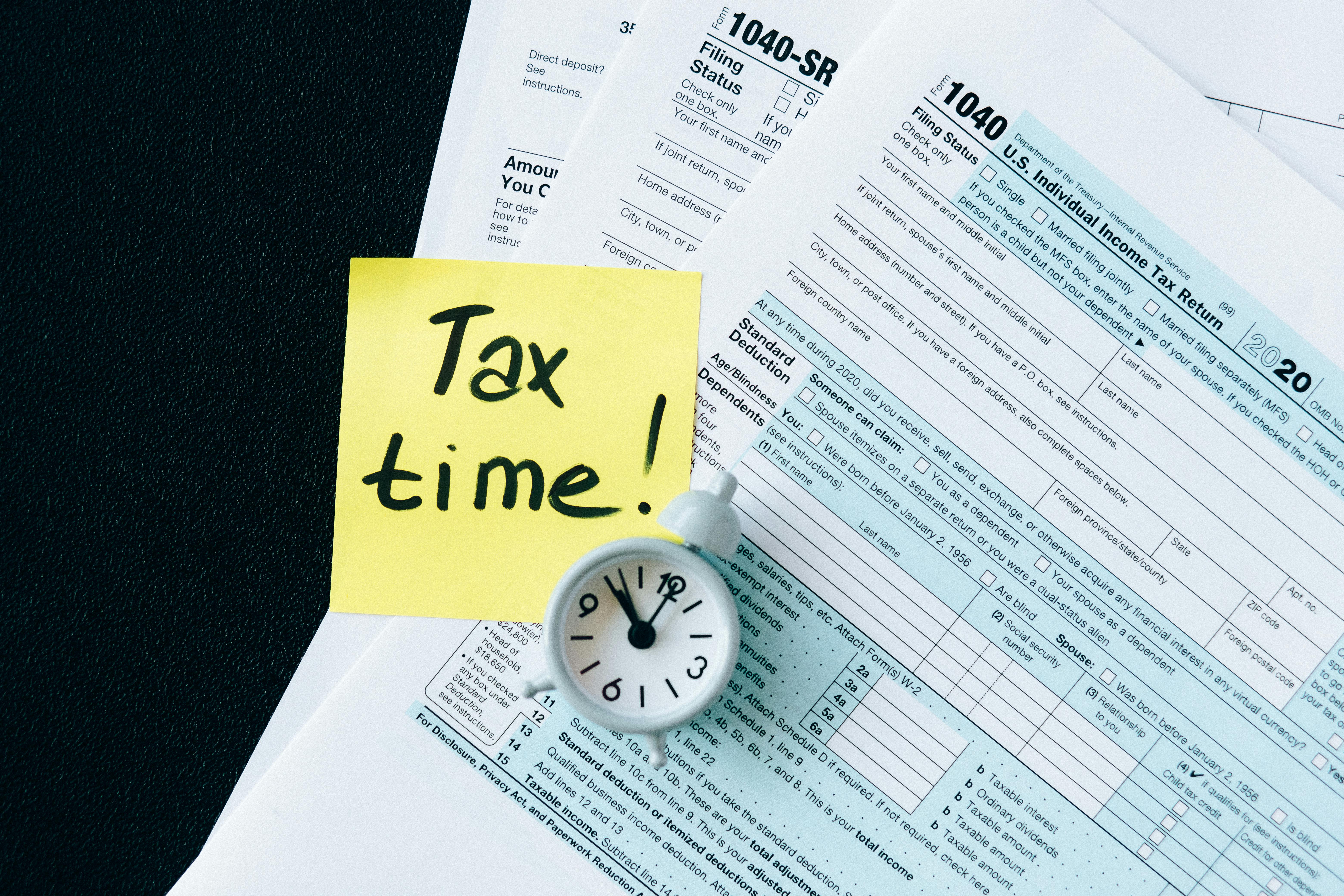
For individuals looking to streamline their personal finances, understanding tax identification is an underrated but invaluable skill. This one small oversight can potentially snowball into significant roadblocks in financial planning. Knowing your tax identification number is the key to unlocking opportunities, mastering obligations, and avoiding unnecessary hurdles.
The Basics of Tax Identification
Central to any tax system is the use of tax identification numbers. This unique identifier serves a significant role for taxpayers and government agencies alike. For many individuals and businesses, this number acts as a lifeline. In the United States, these are known as Social Security numbers for individuals and Employer Identification Numbers for businesses.
Comparatively, other nations employ their variations—National Insurance Numbers in the United Kingdom, for instance, and Permanent Account Numbers in India. Regardless of the tag it carries, the purpose remains unchanged: to ensure each individual and entity is in the taxman’s spotlight.
Understanding these numbers is vital for avoiding mix-ups or identity theft issues. Each taxpayer must guard their number carefully, being mindful of potential misuse. The number enables seamless cooperation with government agencies, aiding in retirement benefits, various filings, and even healthcare services.
For those unfamiliar, a tax ID number holds immense significance in personal financial operations. By understanding your specific tax ID number, you ensure that your financial dealings align with government requirements, greatly minimizing potential issues.
Moreover, keeping accurate records of all financial activities linked to your tax identification number is beneficial in painting a clear picture of your financial status. This makes it easier to access services and benefit programs tailored to your personal or business needs. A well-managed record also aids in addressing any discrepancies that may arise between different governmental departments handling your data.
Why It Matters
At first glance, a tax identification number seems like engineering jargon for accountants and auditors. Dig a little deeper, however, and its relevance shines through. This number doesn’t just facilitate tax filing—it’s a testament to responsible citizenship. With it, individuals can manage their financial operations like filing tax returns, opening investment accounts, and satisfying loan requirements.
In essence, it’s not just about appeasing tax authorities; it influences one’s long-term financial strategy. Missteps in this area can lead to fines, delays in refunds, and, quite simply, a lot of unnecessary stress.
Another aspect adding to its importance is the transparency it brings. Financial institutions often require tax identification from clients as part of the Know Your Customer protocols. It builds trust and credibility as individuals engage with savings plans, credit facilities, and investment opportunities, opening doors that would otherwise be inaccessible.
Furthermore, a tax identification number helps maintain better financial organization. By understanding and utilizing the number effectively, individuals can better track their income sources and identify possible areas for savings or investment. This level of detail aids in setting financial goals and evaluating progress over time, giving clear markers on whether one’s strategy needs adjustments.
Implications of Non-compliance
Placing tax identification on the back burner might seem convenient, but it risks dangerous consequences. Countries take tax compliance seriously, and failing to prioritize a key element like a tax ID can open Pandora’s box. Offenders might face substantial penalties and even prison time in severe cases.
If that doesn’t make one sit up, consider this: tax compliance directly feeds into personal financial growth. Without a tax ID, individuals miss out on government schemes, benefits, and deductions specifically designed to lighten their tax burdens.
Those striving for early retirement or a specific financial goal should note the tax identification number’s role in structuring assets. From diverse portfolios to real estate planning, this number impacts wealth management decisions, guiding individuals in avoiding unexpected traps when transitioning into different financial stages.
Non-compliance also risks seizure and garnishment procedures, where authorities are authorized to confiscate due taxes from personal accounts and wages directly. Such situations not only impact immediate finances but can leave lingering effects on creditworthiness and the ability to secure future loans or mortgages.
Expert Tips for Tax Planning
Having dissected the significance of tax identification, the focus shifts to actionable insights. Start by obtaining your tax number early—especially if you’re new to the workforce or starting a business. Ensuring you have the correct tax code can save headaches down the road.
Next, maintain accurate records. The world runs on bureaucracy, and the tax system is no different. Keeping track of your financial history allows you to be prepared at a moment’s notice.
If you find tax planning overwhelming, consult experts. The advice of a tax professional can help optimize returns and address any uncertainties.
Reviewing your tax identification details regularly ensures no errors have slipped through the cracks, safeguarding you against unnecessary audits or errors in your filings. Routine updates help adapt to any changes in personal situations or regulatory environments, keeping your financial outlook resilient and robust.
Final Thoughts
Seeking financial security requires more than saving; it demands compliance and a keen understanding of tax structures. By prioritizing your tax identification, you lay a sturdy foundation for both current endeavors and future investments. Ultimately, a robust financial plan is hinged on precision, timely actions, and the ever-important tax ID number.